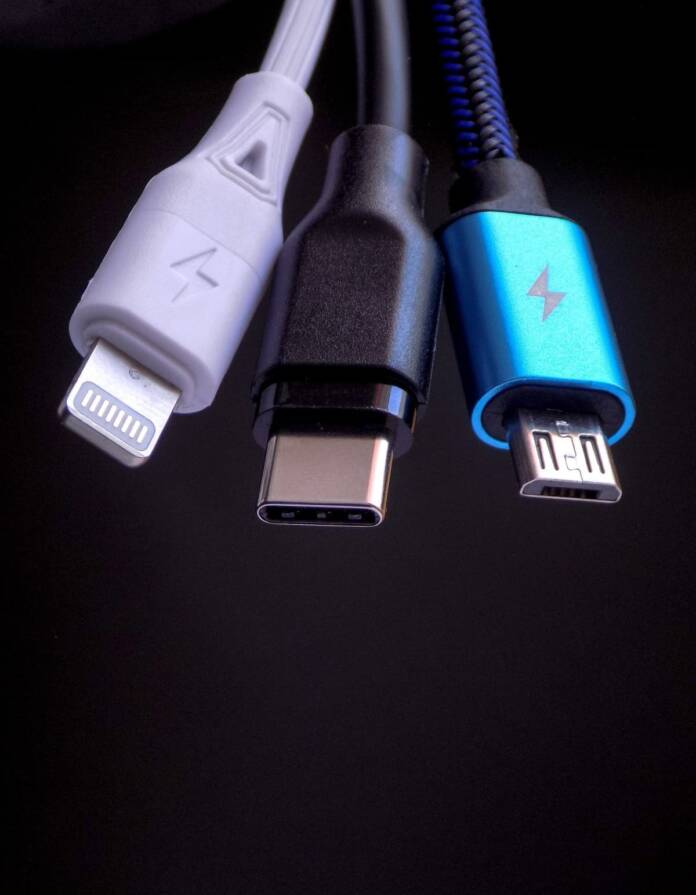Mr Tony Fadell, creator of the iPod, says that the EU regulation on the USB-C iPhone is fair because it considers Apple a monopoly.
On October 4, the European Parliament (EP) gave definitive acceptance to the USB-C charger, which will be the only model for all electronic devices in the EU from autumn 2024.
This ends a decades-long political battle in Brussels to reduce e-waste due to lack of harmonisation.
Apple and other smartphone manufacturers will be forced to use the USB-C cable as part of a single charging standard for mobile devices in the EU.
The announcement was made at the end of trilateral negotiations between the European Commission, Parliament and the Council.
The father of the iPod, as T. Fadell is called, although he is no longer part of the apple company, he often talks about his activities.
On this occasion, Tony shared his opinion on the European Union’s requirement that computers have USB-C. The engineer believes that it is “the right thing to do” and that Apple is now in a monopoly situation.
Fadell thinks the time has come for USB-C.
It all started when a Twitter user asked if the iPod would succeed if Apple was forced to use USB 1.0 instead of FireWire technology.
Fadell responded that the world is “converging towards USB-C” as the “limits of the old standards” have been reached, but went much further to make his case.
The former Apple vice president said he wasn’t worried about the EU forcing Apple and other smartphone makers to adopt USB-C, but “just forcing Apple to do the right thing.”
In another tweet, Tony claimed that the regulation only came about because Apple has a near-monopolistic position.
The engineer believes that some regulation and standardization is necessary for the benefit of consumers, since companies are not always interested in “doing the right thing in the interest of society.”
He also noted that it is “much easier to force Apple to change the iPhone connector on the basis of environmental protection than to take monopolistic legal action.” He also added that the apple company does not like that third parties dictate its decisions.
Interestingly, one of its supporters pointed out that Apple was against USB-C because the company was making too much money from the MFi (Made for iPhone/iPad) certified accessories program.
What is the future of Iphone and USB-C?
In June, the European Union decided to make USB-C the standard connector for devices like smartphones and tablets.
This week, the EU passed final legislation stating that, from 2024, all devices sold in Europe that are charged via cables must have a built-in USB-C.
The legislation also stipulates that manufacturers of electronic devices must be able to offer a quality service to their customers.
The law is based on the argument that different standards are bad for customers and bad for the planet, as they cause an increase in e-waste.
But the EU is not the only one that wants to force Apple to adopt USB-C for the iPhone. The US Senate and the Brazilian telecommunications regulator have also considered making the use of USB-C mandatory in smartphones.













